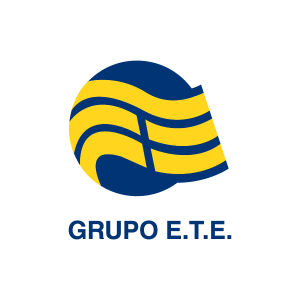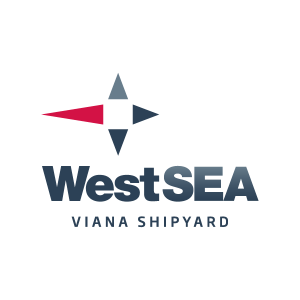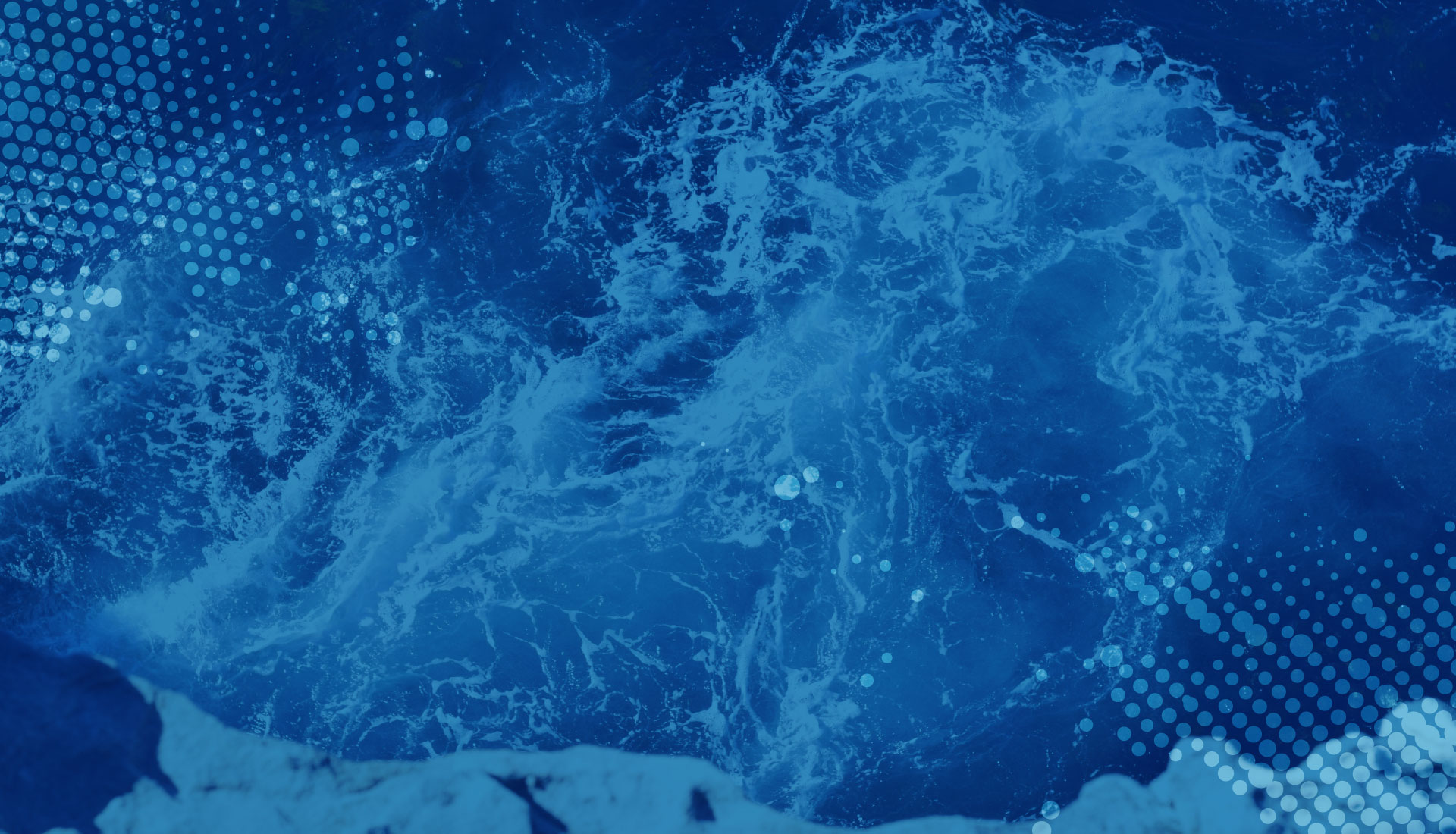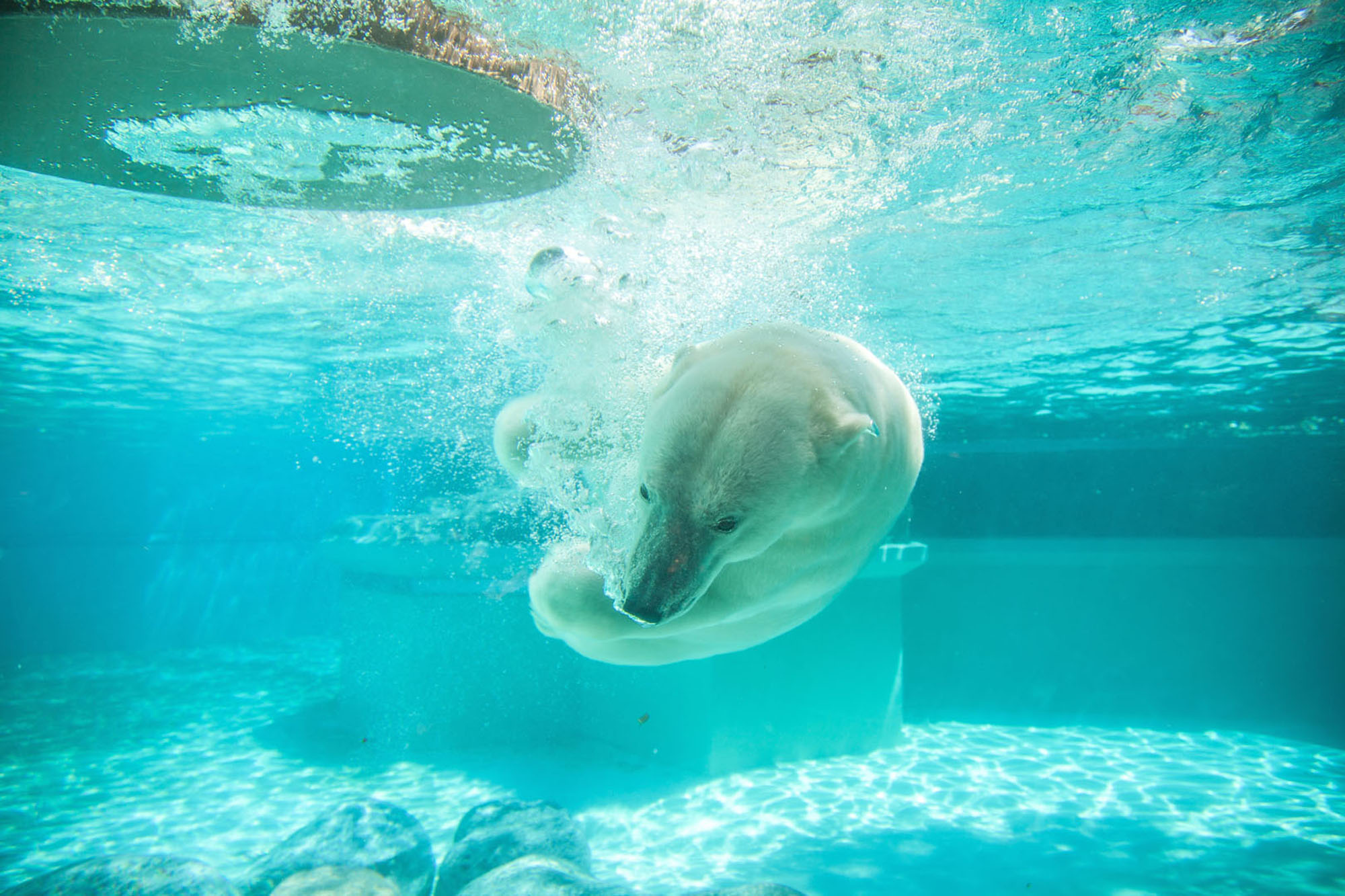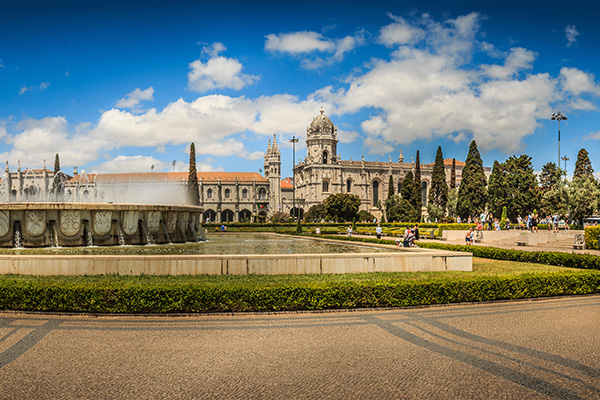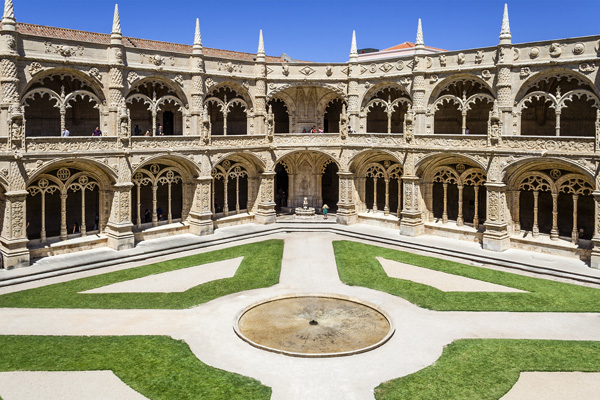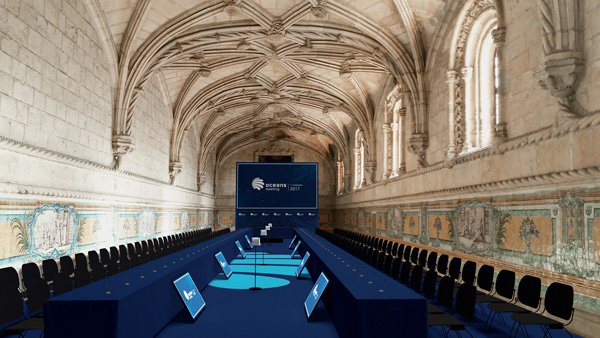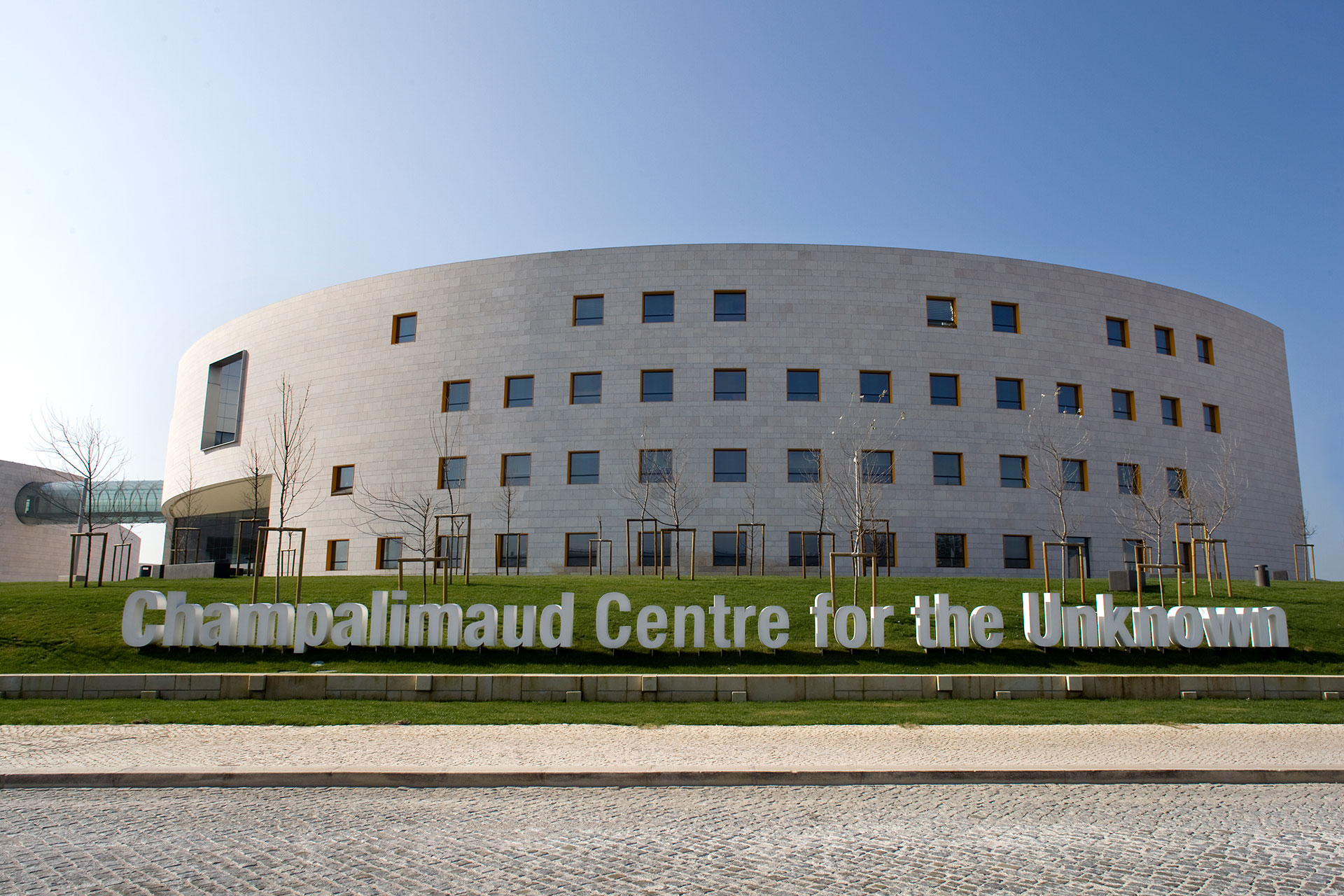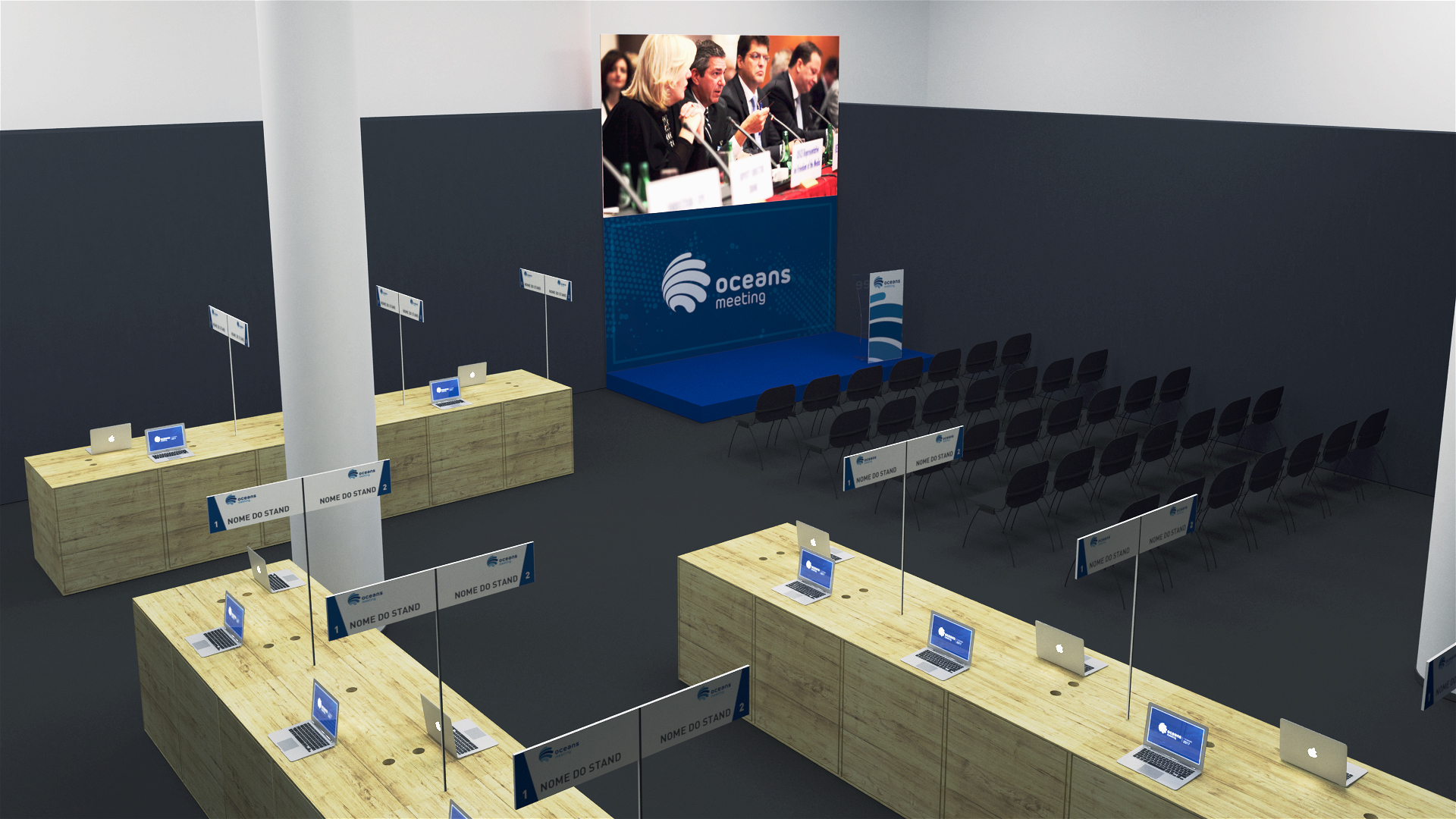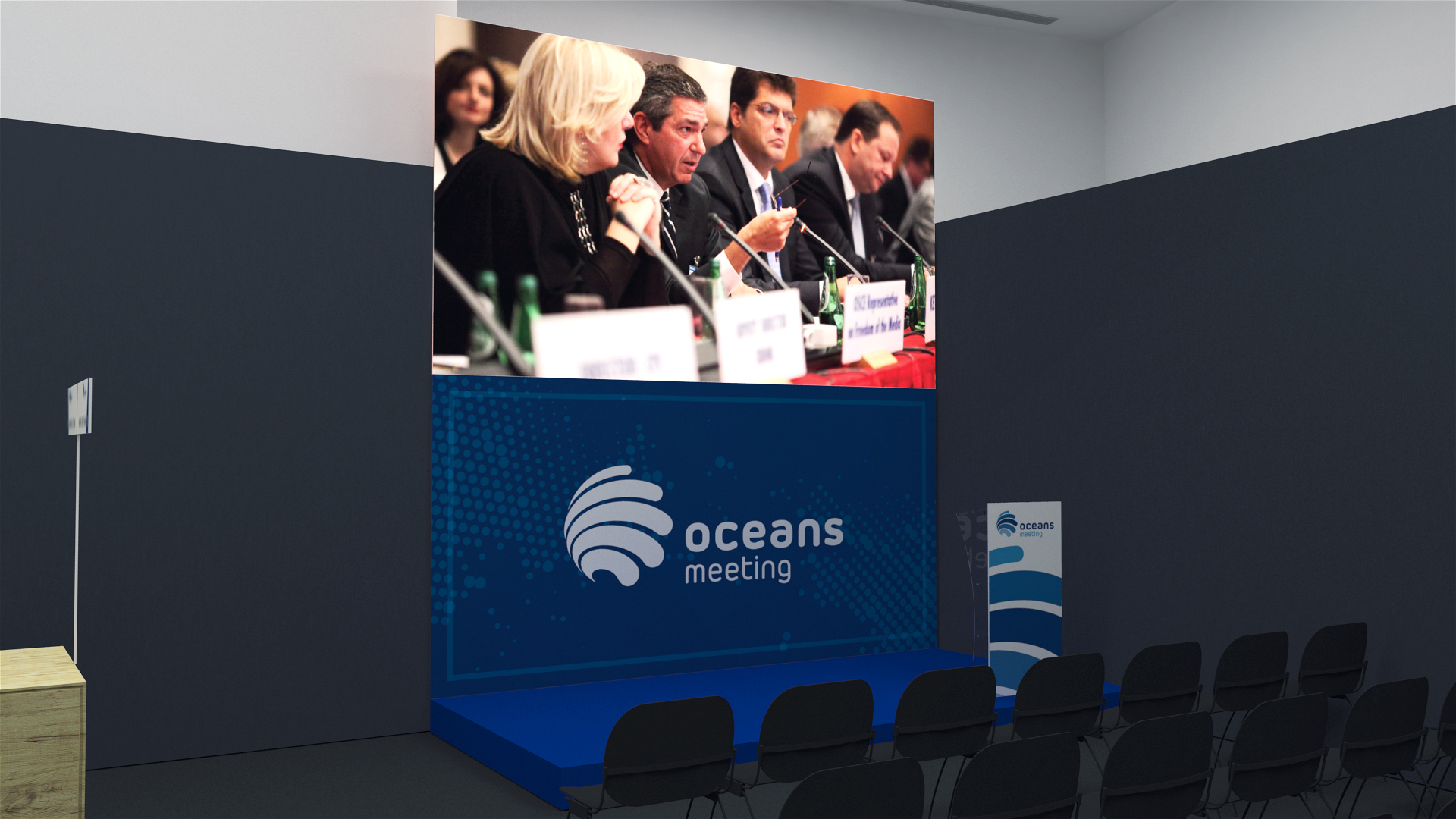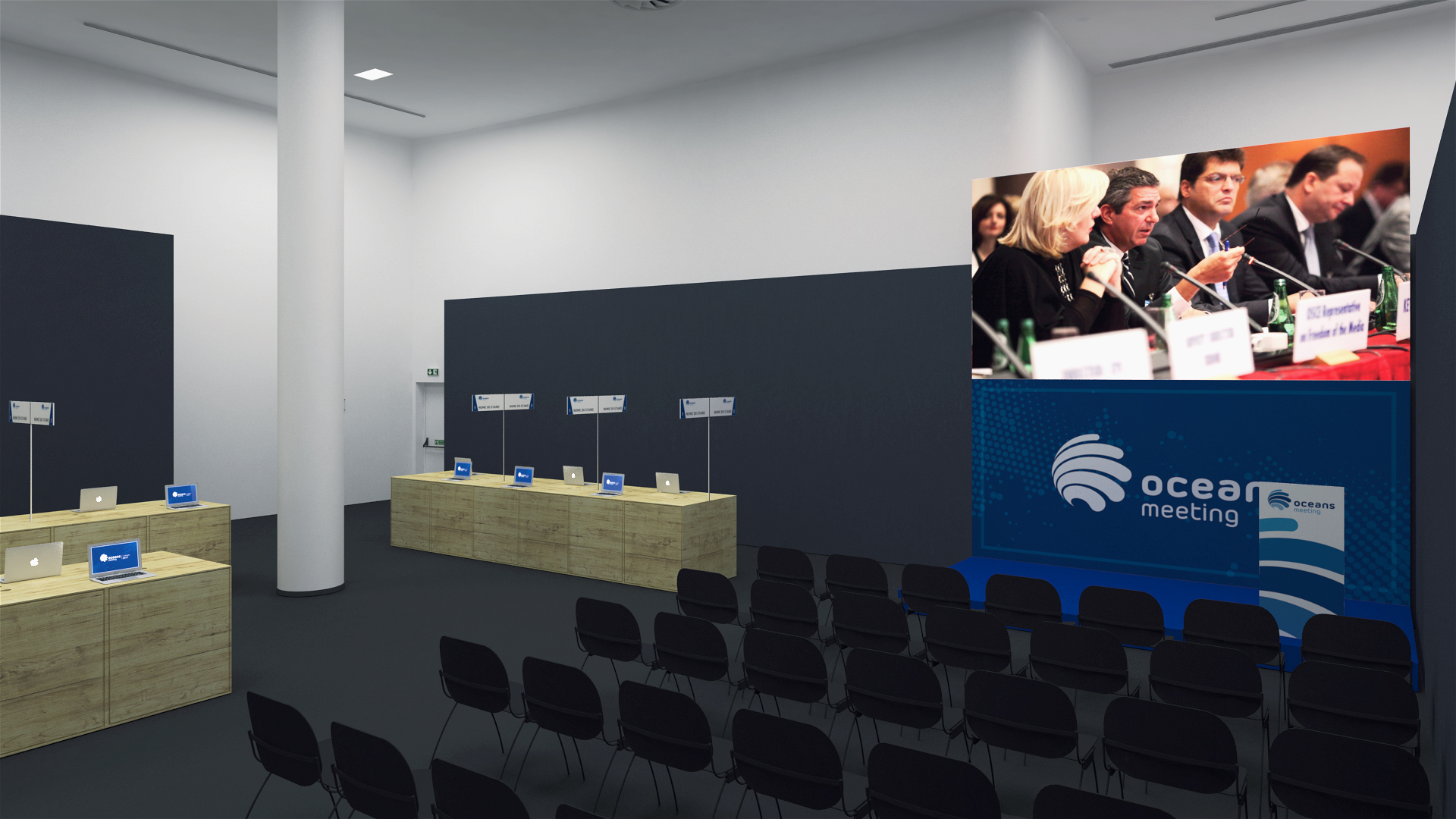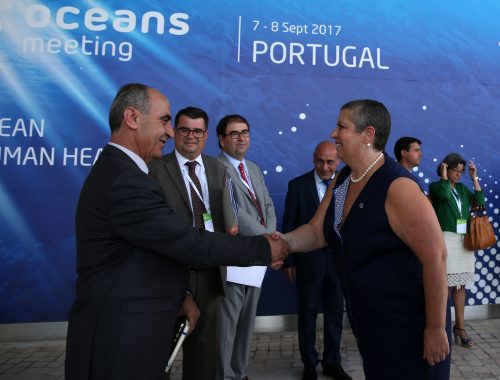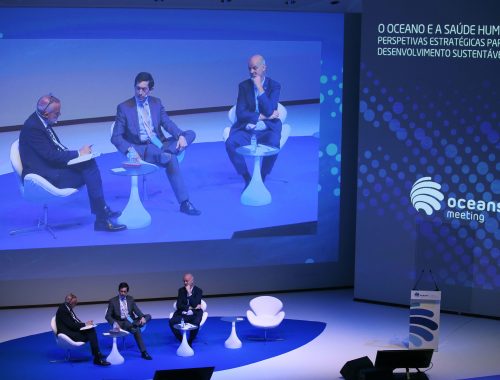Our Ocean is Our Health!
We all face the reality that Ocean environmental factors, such as pollution and poor ecosystem health threaten seafood quality and safety, in the form of heavy metal concentration on fish or plastic particles being found in different species, posing risks to human health.
Simultaneously marine pollution can indirectly impact humans through chemicals, toxins or other harmful particles such as viruses or bacteria in the ocean water. At the same time, the seas provide numerous benefits to human health and well-being in the form of ecosystem services, including the supply of resources (food, medicines, energy…).
There has been a growing recognition at international level of the need for a more holistic and coherent approach to understanding the complex links between the seas and oceans and human health and well-being.
In the context of the 2030 Agenda for Sustainable Development, and given the integrated and indivisible nature of the Sustainable Development Goals, there is room for exploring to what extent, and how, the implementation of SDG 14 can impact the implementation of SGD 3, and in which ways these two can be perceived as interdependent and intricately linked.
Building on the work being carried out in relevant international fora, including the forthcoming UN Conference to Support the Implementation of SDG 14, Portugal is organizing the Oceans Meeting 2017, which includes a Ministerial segment, to take place in Lisbon on the 7th and 8th of September 2017, dedicated to “The Ocean and Human Health”.
MINISTERIAL MEETING OF THE OCEANS MEETING 2017
DECLARATION ON OCEANS AND HUMAN HEALTH
We, the Ministers responsible for Ocean/ Fisheries/ Maritime Affairs, having met in Lisbon on September, the 8th, 2017, by invitation of the Portuguese Minister of the Sea, Mrs. Ana Paula Vitorino, in the framework of the Oceans Meeting 2017;
Recalling the declaration of the ministerial meeting of Oceans Meeting 2016, held in Lisbon, in June 2016, promoting Ocean Literacy & Culture, Ocean Science & Innovation and Blue Economy;
Recognizing the contribution of the purposes and principles of the Charter of the United Nations to the maintenance of peace, justice, social equity and progress for all peoples of the world;
Emphasizing the universal and unified character of the United Nations Convention on the Law of the Sea (UNCLOS), setting out the legal framework within which all activities in the oceans and seas must be carried out;
Reaffirming that UNCLOS is of strategic importance as the basis for national, regional and global action and cooperation in the marine sector, and that its integrity needs to be maintained, as recognized also by the United Nations Conference on Environment and Development in chapter 17 of Agenda 21;
Welcoming the adoption of United Nations General Assembly resolution 70/1, of 25 September 2015, entitled “Transforming our world: the 2030 Agenda for Sustainable Development”, in particular Sustainable development Goals (SDGs) 2 “End hunger, achieve food security and improved nutrition and promote sustainable agriculture”; 3 “Ensure healthy lives and promote well-being for all at all ages”, 13 “take urgent action to combat the climate change and its impacts” and 14 “Conserve and sustainably use the oceans, seas and marine resources for sustainable development”;
Welcoming, in this regard, the Call for Action of the UN Ocean Conference, held in NY, from 5 to 9 June 2017;
Further welcoming the adoption and early entry into force of the Paris Agreement negotiated under the United Nations Framework Convention on Climate Change (UNFCC), while recognizing the importance of raising awareness on the adverse impacts of climate change on the marine environment, marine biodiversity and sea level;
Also welcoming the adoption of United Nations General Assembly resolution 69/292 of 19 June 2015 on the “Development of an international legally-binding instrument under UNCLOS on the conservation and sustainable use of marine biological diversity of areas beyond national jurisdiction” as well as the recommendations adopted on July 21st 2017 by the Preparatory Committee mandated by this resolution and in this regard encourage the United Nations General Assembly to take a decision, as soon as possible, on the convening of an intergovernmental conference, under the auspices of the United Nations to consider the recommendations of the Preparatory Committee on the elements and to elaborate a text of an international legally binding instrument under the UNCLOS on the conservation and sustainable use of marine biological diversity in areas beyond national jurisdiction, with a starting date as early as possible;
Welcoming with appreciation the first global integrated marine assessment (United Nations World Ocean Assessment), while reiterating the need to strengthen the regular scientific assessment of the state of the marine environment in order to enhance the scientific basis for policymaking and international cooperation;
Also welcoming the adoption of a G20 Action Plan on Marine Litter, while recognizing the urgent need to prevent and reduce marine pollution of all kinds from land- and sea-based sources to enhance food security and public health;
Further welcoming the hosting by the EU of the fourth edition of the ‘Our Ocean’ Conference on 5-6 October 2017 in Malta, and look forward to the voluntary commitments from all participants for safe, secure, clean and sustainably managed oceans;
Recognizing the importance of taking into account the different levels of development between countries to guarantee the success and sustainability of the actions to be undertaken in the context of sustainable management of the maritime economy;
Having decided on the importance of promoting regional and international cooperation in building partnerships in order to mobilize strong and more ambitious action in ocean affairs by Governments, civil society, industry, universities, research centres and NGO’s and all other relevant stakeholders, in particular regarding The Ocean and Human Health and social development.
1. Recognize the importance of improving our understanding of the potential public health benefits and responsible use from marine and coastal ecosystems;
2. Also recognize the crucial role of ecosystems and protected areas in supporting human well-being and sustainable economic development;
3. Further recognize the importance of reducing the burden of human disease linked with marine environmental causes;
4. Emphasize the importance of anticipating new threats to public health before they become serious;
5. Reiterate our commitment to achieve the targets of Sustainable Development Goal 14 within the timelines – in particular target 14.1. on preventing and significantly reducing marine pollution of all kinds, and the need to sustain action over the long term, taking into account different national realities, capacities and levels of development and respecting national policies and priorities.
6. Affirm that climate change is one of the greatest challenges of our time and express our deep concern with the health of our Oceans, the most important life support system of the Planet, particularly concerning climate and carbon regulation, oxygen and food production;
7. Further affirm the need to build bridges between relevant stakeholders, for example by involving them at the outset of project formulation, allowing for co evaluation and joint construction of knowledge;
8. Acknowledge the importance of ocean knowledge management, including traditional knowledge, communication and maximization of the science policy interface;
9. Also acknowledge the need to develop specific international networking actions to increase international cooperation considering the specific research needs of developing countries to overcome the fragmented research capabilities of the World;
10. Welcomes the proposal of the Intergovernmental Oceanographic Commission of UNESCO for an International Decade of Ocean Science for Sustainable Development to be established for the period 2021–2030 under the United Nations, with the aim to stimulate international cooperation in marine science to support the implementation of the 2030 Agenda.
11. Recall the need to stimulate creative thinking and develop opportunities to explore alternatives to standard risk assessment procedures;
12. Further recall the importance of improving communication between the research community and the authorities in charge of environmental protection, food safety and human health;
13. Affirm that, with respect to economic sustainable development of the Ocean, it is important to foster established and emerging sustainable ocean-based industries and activities simultaneously, with increased actions to ensure healthy, productive and resilient ocean and coastal ecosystems through innovative, integrated, ecosystem-based and multidimensional approaches, consistent with international law, as reflected in UNCLOS and other relevant international agreements;
14. Acknowledge that empowering relevant stakeholders with the tools, data and information needed to sustainably manage marine resources and to accurately assess risk and opportunities in the economic sustainable development of the Ocean is key during its early development state, in accordance with sustainable development;
15. Acknowledging in this regard that economic development cannot be understood without ensuring adequate working conditions, especially decent employment;
16. Stress the need for sustained and continuous observation of the essential ocean variables to monitor ocean health and impacts suffered from its changes;
17. Also stress the need to take all necessary actions to jointly implement the UN Sustainable Goal on Oceans (SDG 14) in a collaborative approach across all relevant sectors, expecting strong benefits also for the achievement of SDG 2 (food) and SDG 4 (health);
18. Support the implementation of an interdisciplinary systems approach incorporating environmental, biomedical, socioeconomic and epidemiological methods;
19. Also support the improvement of tests for the detection of pathogens and invasive alien species in seawater and seafood, including protocols for harmful nanoparticles and seafood material and chemical pollutants from all sources;
20. Further support the test monitoring of warning signals from the marine environment on sentinel organisms;
21. Stress the need to improve epidemiological modelling of the health of coastal human communities;
22. Further stress the need to provide adequate support for interdisciplinary research and training of young researchers to build capacity and improve our knowledge base on the relationship between the marine environment and human health;
23. Acknowledge the need to develop specific interdisciplinary Oceans and Human health networking actions to increase international cooperation, also considering the specific research needs of developing countries, to overcome the fragmented research capabilities of the world;
24. Also acknowledge the importance of fostering Ocean Sustainable Development financing.
FULL PROGRAM
The International Meeting of Ministers of the Sea is the primary focus of this event and aims to discuss common international policies for the Ocean.
September 7th, 2017
09:00 am
Opening of the Oceans Business Dialogues area and start of the Ocean Business Talks
12:00 pm
Formal opening of the Oceans Business Dialogues by the Minister of the Sea Ana Paula Vitorino (Champalimaud Center)
3:00 pm to 6:00 pm
Signature of Bilateral Agreements (Ministry of the Sea) and Bilateral Meetings between other countries/ IO (Hotel Pestana Palace)
6:45 pm
Transfer from the hotel to the Welcome Reception venue (Champalimaud Center)
Transfer shuttle buses will be provided
7:00 pm
Welcome Reception to Ministers and other entities offered by the Minister of the Sea, Ana Paula Vitorino
September, 8th 2017
8:15 am
Transfer from the Hotel to the meeting venue (Monastery of Jerónimos)
Transfer shuttle buses will be provided
8:30 am
Arrival at the Ministerial Meeting venue
9:00 am
Opening of the Ministerial Meeting
Opening session:
- Portuguese Prime Minister
- Portuguese Minister of the Sea
- Portuguese Minister of Health
- Mayor of Lisbon
- EU Commissioner RS&I Carlos Moedas
Family Photo
Working Session:
- Statements by Ministers and international Organisations
Coffe Break
Ending Session:
- Reading and Endorsement of the Oceans Meeting Declaration
12:30 pm
Closing of the Ministerial Meeting
1:00 pm
Lunch offered to Ministers (Monastery of Jerónimos)
2:30 pm
Transfer to the conference venue (Champalimaud Center)
Transfer shuttle buses will be provided
3:00 pm
Opening of the International Conference (Champalimaud Center)
“Ocean and Human Health: Challenges, Solutions and Opportunities”
- Panel 1 – Science for Ocean and Human Health: Potential for sustainable innovation
- Panel 2 – Financing Ocean business that promotes human health
- Panel 3 – Ocean and Human Health: Strategy perspectives for a sustainable development
6:30 pm
Closing of the International Conference (beginning of the musical interlude)
6:50 pm
End of the Oceans Meeting 2017 (end of the musical interlude)
7:00 pm
Transfer to the Hotel Pestana
Transfer shuttle buses will be provided
MINISTERIAL MEETING
The International Meeting of Ministers of the Sea is the primary focus of this event and aims to discuss common international policies for the Ocean.
Understanding this complexity can only be achieved with an interdisciplinary approach, drawing from expertise across a diverse range of disciplines within natural, social and economic sciences, public health and medicine.
To manage this relationship, we need an effective policy framework, linking maritime and public health policies that can:
• improve our understanding of the potential public health benefits from marine and coastal
ecosystems;
• reduce the burden of human disease linked with marine environmental cause;
• anticipate new threats to public health before they become severe.
September 8th, 2017
09:00 am
Opening of the Ministerial Meeting
Opening session:
- Portuguese Prime Minister
- Mayor of Lisbon
- Portuguese Minister of Health
- Portuguese Minister of the Sea
- EU Commissioner RS&I Carlos Moedas
Family Photo
Working session:
- Statements by Ministers and international organisations
- Reading and Endorsement of the Oceants Meeting Declaration
12:30 am
Closing of the Ministerial Meeting
1:00 pm
Lunch offered to Ministers (Monastery of Jerónimos)
INTERNATIONAL CONFERENCE
The objective of this International Conference is to share ideas with international experts about the “Oceans and Human Health”.
September, 8th 2017
Conference Programme
03:00 pm
Opening by the Minister of the Sea
Interventions of the EU Commissioner for Research, Science and Innovation, Carlos Moedas and Leonor Beleza, President of Fundação Champalimaud
03:15 pm
Key Note Speaker – Dr. Vladimir RYABININ – IOC-UNESCO Executive Secretary
Theme – Oceans and Society – A tribute to Prof. Mário Ruivo
04:00pm
Science for Ocean and Human Health: potential for sustainable innovation
• Lora Fleming, Director, European Centre for Environment and Human Health, University of Exeter;
• Porter Hoagland, Adjunct Professor, Marine Policy Centre, Woods Hole Oceanographic Institution;
• Tiago H. Silva, Assistant Researcher at 3B’s Research Group (Biomaterials, Biodegradables and Biomimetics), University of Minho.
Moderator: Charles Goddard, The Economist, World Ocean Summit Executive Director
04:45pm
Financing ocean business that promotes human health
- Sean Kidney, Chief executive officer, Climate Bonds Initiative
- Jane Feehan, Natural Capital Finance Specialist at European Investment Bank
- Fabian Huwyler, Vice President for Sustainability at Credit Suisse
Moderator: Charles Goddard, The Economist, World Ocean Summit Executive Director
05:45pm
Ocean and Human Health: strategy perspectives for a sustainable development
- Lasse Gustavsson, Executive Director – OCEANA Europe
- Francisco Veloso, Dean, Imperial College Business School
Moderator: Charles Goddard, The Economist, World Ocean Summit Executive Director
06:20pm
Closing Remarks
Charles Goddard, The Economist, World Ocean Summit Executive Director
06:30pm
Closing Session
WANT TO ATTEND THE CONFERENCE?
REGISTRATION IS NOW CLOSED
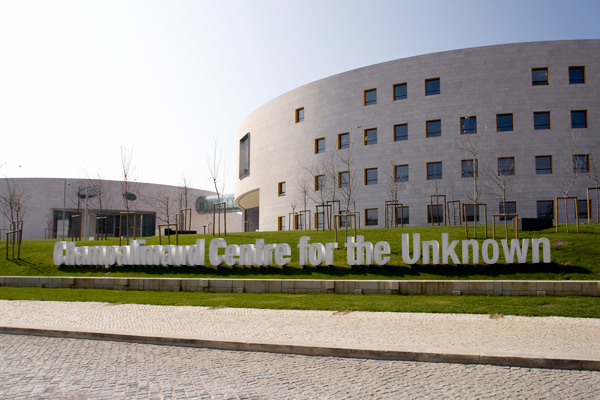
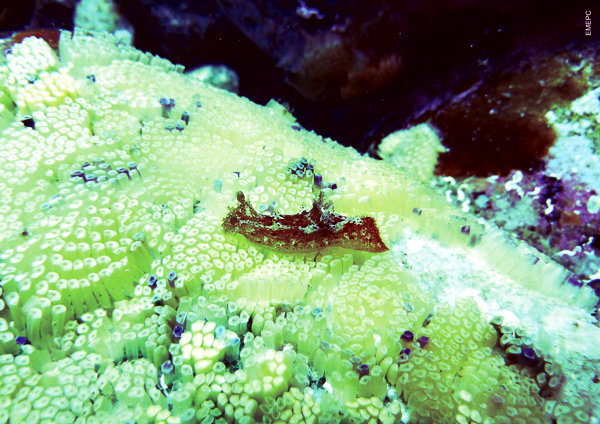
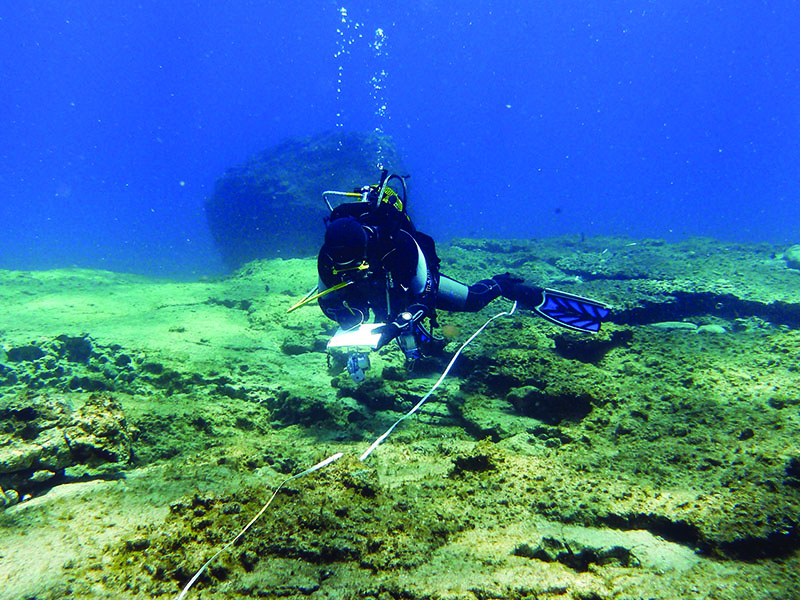
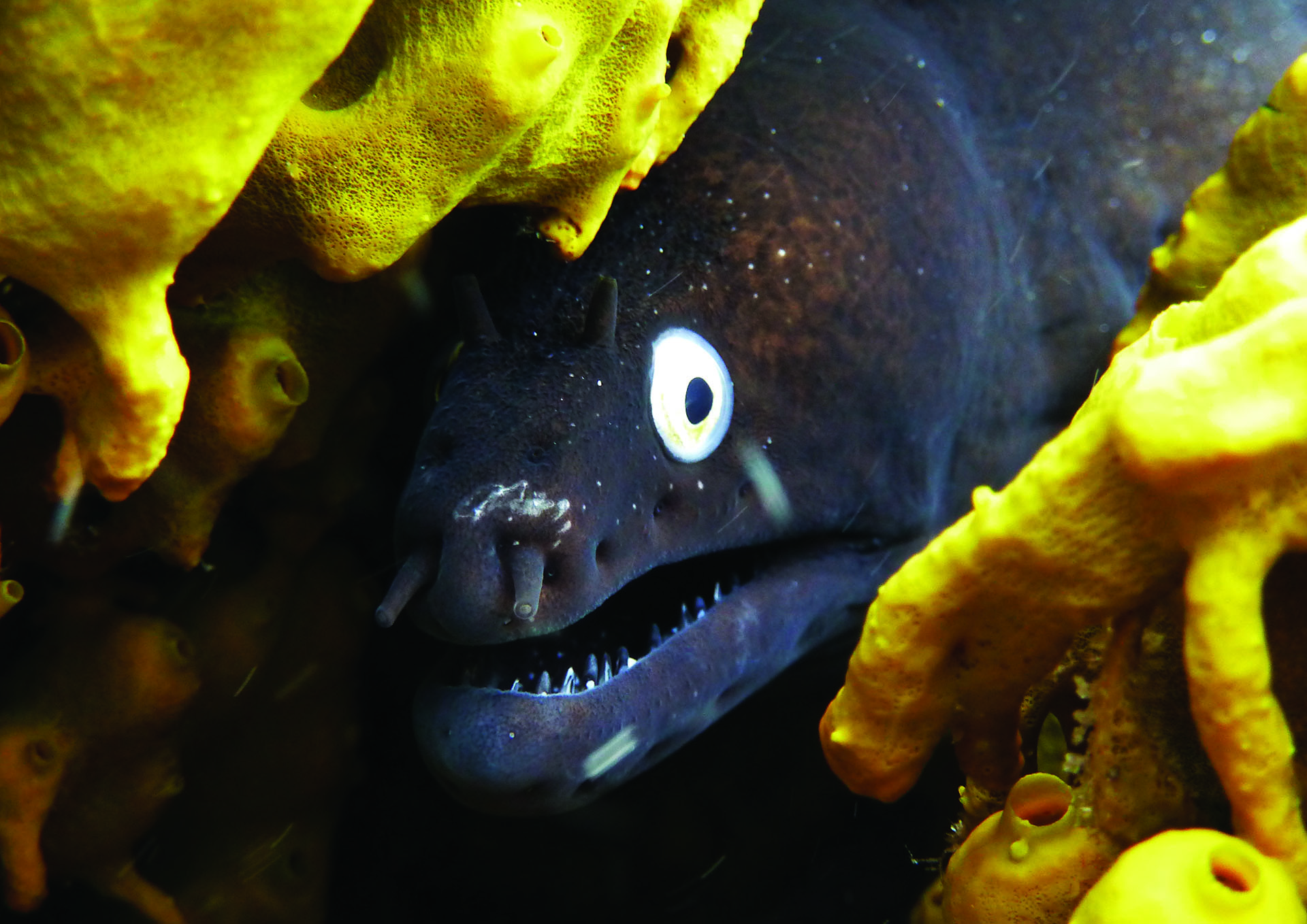
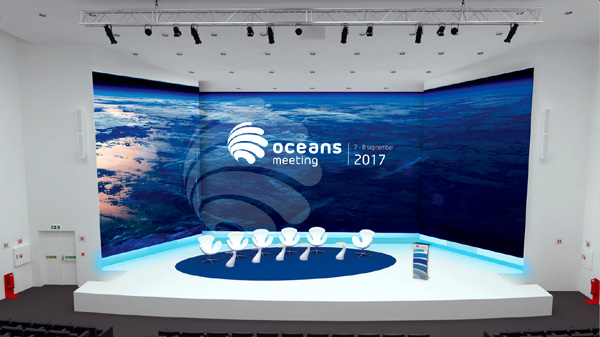
SPEAKERS
International Conference
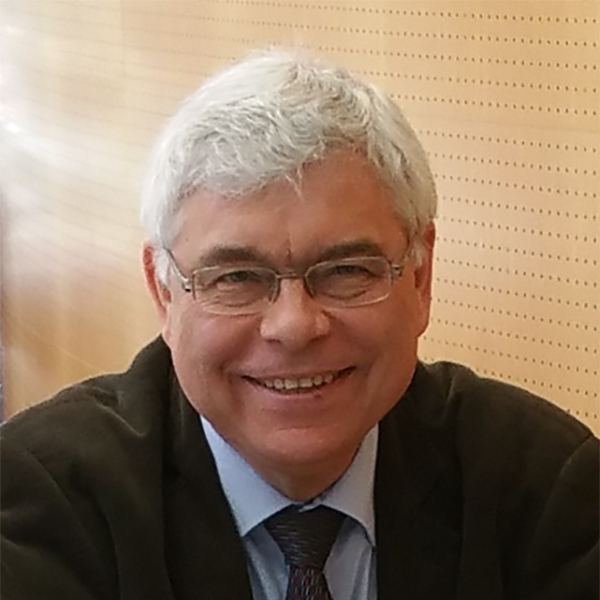
KEYNOTE SPEAKER
Dr. Vladimir RYABININ
Executive Secretary of the Intergovernmental Oceanographic Commission and Assistant Director General of UNESCO
Vladimir Ryabinin became Executive Secretary of the Intergovernmental Oceanographic Commission (IOC-UNESCO) and Assistant Director General in March 2015.
Headquartered in Paris, IOC is a body with functional autonomy within UNESCO that promotes international cooperation and coordinates programmes in marine research, services, observation systems, hazard mitigation and capacity development in order to better manage the nature and resources of the ocean and coastal areas.
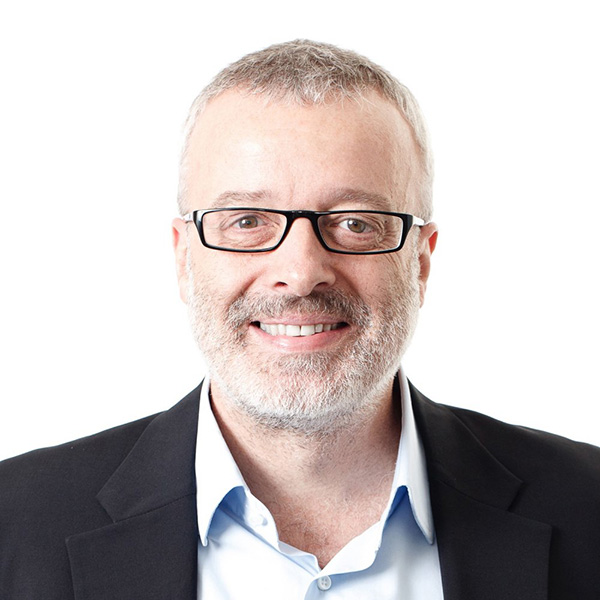
Charles Goddard
The Economist
Charles Goddard leads the Economist Intelligence Unit’s editorial services in Asia-Pacific, including Corporate Network, a peer group for senior decision-makers of global businesses operating in the region.
A journalist by background, he has worked across a range of publications and services at the Economist Intelligence Unit, including as author of the China Market Atlas series and director of its research divisions.
A frequent traveller and speaker, he interacts regularly with business and government leaders across Asia. He is also executive director of The Economist’s World Ocean Summit, a global series of events on the sustainable use of our seas.
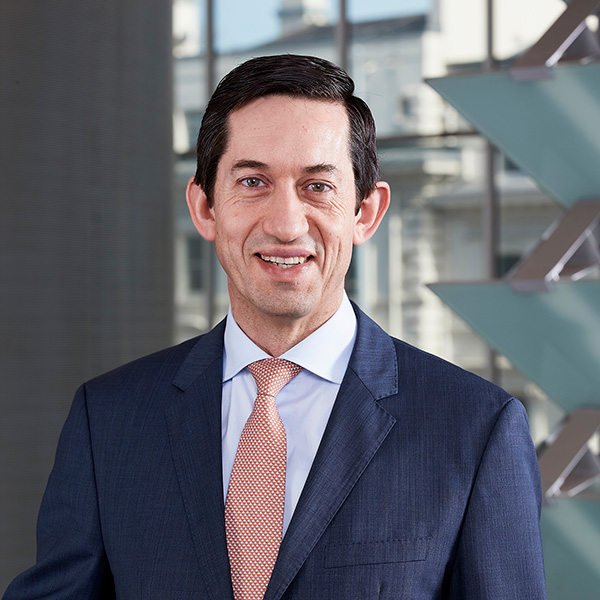
Francisco Veloso
Dean, Imperial College Business School
Born in Lisbon, Professor Veloso completed an undergraduate degree in Physics Engineering, before receiving his PhD in Technology Management and Policy from MIT in 2001. In 2008 he was awarded the Alfred P. Sloan Industry Studies Fellowship for research on innovation in the auto sector.
Professor Veloso joins Imperial from the Católica Lisbon School of Business and Economics, Portugal’s leading business school, where he has served as Dean since 2012. Professor Veloso is a leading authority in Innovation and Entrepreneurship, whose research has focussed on how firms and regions develop and leverage science and technology for economic growth.
His work has included studies into the development of Silicon Valley and into the innovation and scientific impact of developing nations.
His leadership has helped steer the Católica Lisbon School to becoming an institution with international reach – now ranked among the top 25 Business Schools in Europe by The Financial Times. During his time as Dean, international students numbers have been multiplied several fold, while the School’s research presence in top international journals has doubled.
He retains an adjunct appointment at Carnegie Mellon University, USA, where he was tenured Full Professor earlier in his career. As a member of the Board of Directors of the Carnegie Mellon – Portugal Program he oversaw the establishment of a research funding initiative and dual PhD programs between Carnegie Mellon and several Portuguese universities.
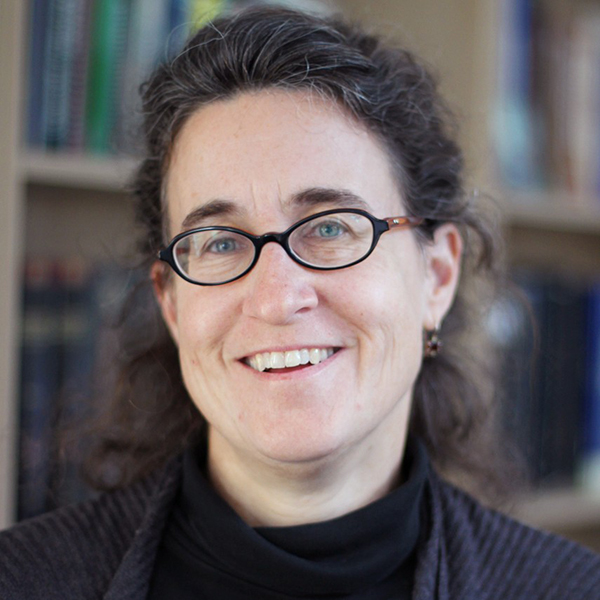
Lora Fleming
Director, European Centre for Environment and Human Health, University of Exeter.
Professor Lora Fleming is the Director of the European Centre for Environment and Human Health and Chair of Oceans, Epidemiology and Human Health at the University of Exeter Medical School (www.ecehh.org).
She is a board certified occupational and environmental health physician and epidemiologist with over 30 years of experience and expertise in environment and occupational exposures and human health research and training.
With various international collaborators, Professor Fleming is involved in research and training in the new metadiscipline of Oceans and Human Health (www.ecehh.org/events/oceans-human-health/).
She is the recipient of the 2013 Edouard Delcroix Prize and the 2015 Bruun Medal of the International Oceanographic Commission (IOC), for her research and other activities in Oceans and Human Health. Professor Fleming is a Member the US National Institute of Environmental Health Sciences (NIEHS) Scientific Advisory Board (SAB) to the NIEHS Gulf Oil Study, and the UK Natural Environment Research Council (NERC) Science Board.
Professor Fleming is also an ASPIRE Principle Fellow of the Higher Education Academy.

Lasse Gustavsson
Senior Vice President and Executive Director, Europe Executive Committee
Lasse Gustavsson has been engaged in environmental and development issues since his early years and has a lifetime commitment to sustainable development.
He has many years of experience in leading international programmes and campaigns, developing partnerships with business, running constructive political lobbying efforts as well as leading marine conservation programs in the field.
Lasse has dedicated the greatest part of his professional career to supporting the work of various NGOs and has a solid background in the area of nature conservation. He is a very dedicated conservationist who always gives great priority to conservation impact on the ground. Lasse has his academic training in International Relations, Human Ecology and Development Science at the University of Gothenburg, Sweden.
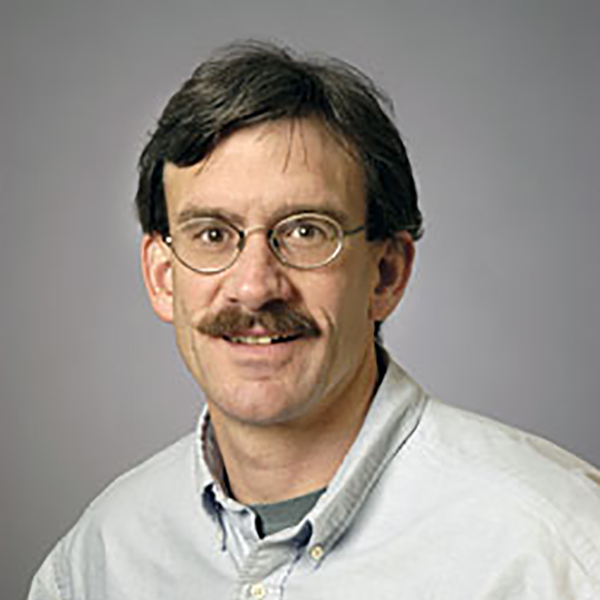
Porter Hoagland
Research Specialist Marine Policy Center Woods Hole Oceanographic Institution
Porter Hoagland is a research specialist at WHOI’s Marine Policy Center (MPC), where he has been analyzing economic and policy questions associated with the human use of the oceans for over 20 years.
He has worked in a number of areas, including fisheries management, aquaculture in the oceans, the impacts of red tides, and the management of underwater cultural resources. As a recreational sailor, he has a special interest in relying upon ocean wind as a source of energy.
In collaboration with his MPC colleagues, Hauke Kite-Powell and Mary Schumacher, Porter helped organize WHOI’s “National Workshop on the Siting of Wind Power in the Coastal Ocean” last October.
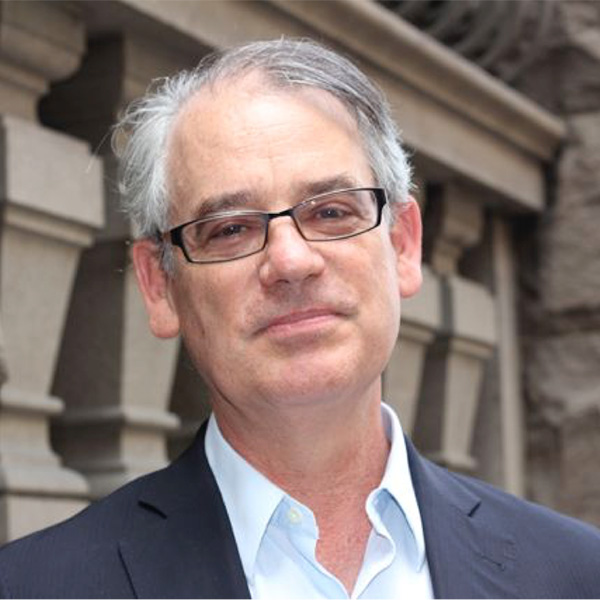
Sean Kidney
Chief executive officer, Climate Bonds Initiative
Sean focuses on promoting investment priorities for climate and green bonds, how governments can take advantage of the green bonds market and the development of international collaborations. He also acts as chair of the Climate Bond Standards Board (members represent $34 trillion of assets under management) and convenor of the Green Infrastructure Investment Coalition (link is external) (GIIC).
He serves as a member of the European Commission’s High Level Expert Group on Sustainable Finance and is co-Chair of the India Green Bonds Council. He has provided advice the People’s Bank of China on how to grow green bonds in China; has been a member of the Commonwealth Expert Group on Climate Finance (link is external); and has been a consultant on green bonds to the United Nations Secretary General. A regular speaker on climate change and finance, Sean has over the past year spoken at conferences and seminars on six continents.
Sean’s background is in stakeholder communications, social change strategy and issues marketing. He was previously a marketing advisor to a number of the largest Australian pension funds, a owner of social marketing, web site development and current affairs publishing firms.
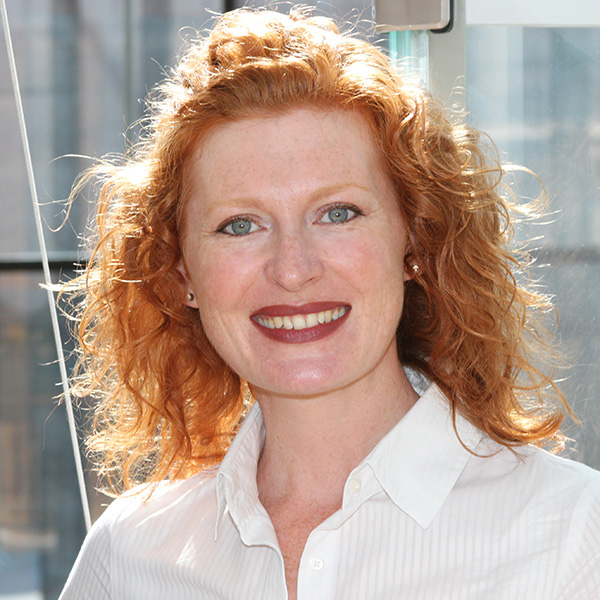
Jane Feehan
Natural Capital Finance Specialist at European Investment Bank
Jane Feehan is a Natural Resources Specialist at the European Investment Bank (EIB). She is a forest sector and natural resource management specialist who works on the Bank’s forestry, agriculture, fisheries and aquaculture projects.
Throughout her work she has an interest in sustainable land use and the challenge of meeting future basic resource needs in an increasingly resource-constrained world, and in the cross-sectoral task of understanding and meeting the investment needs that arise from this.
Prior to joining the Bank Jane worked with the European Environment Agency in Copenhagen, where she specialised on impacts of climate change on biodiversity; agri-environmental policy design; and policy effectiveness analysis.
She has also worked with the Irish Environmental Protection Agency and the European Commission (DG ENV). Her publications include peer-reviewed papers on agri-environmental policy effectiveness; impacts of climate change on Europe’s forest ecosystems; and a book chapter on European environmental policy.
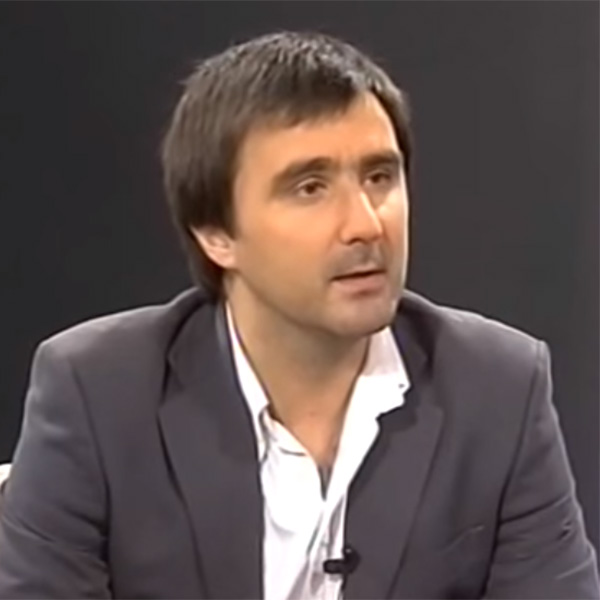
Tiago H. Silva
ASSISTANT RESEARCHER AT 3B’S RESEARCH GROUP, ASSOCIATED LABORATORY – UNIVERSITY OF MINHO
Tiago H. Silva is Assistant Researcher at 3B’s Research Group, ICVS/3B’s Associated Laboratory – University of Minho (Portugal), being coordinator of Marine Inspired Biomaterials and Valorization of Marine Resources and Byproducts research line. He his graduated in Chemistry (2001) and PhD in Chemistry (2006), both by Faculty of Sciences – University of Porto (Portugal) working in surface modification by electrostatic layer-by-layer self-assembly of polyelectrolyte multilayers, and was visiting researcher at the Swiss Federal Institute of Technology in Lausanne (EPFL, Switzerland) in 2003.
He has more than 10 years of experience in valorization of marine byproducts and his research focusing on the cross-talk of blue and red biotechnologies, by aiming the development of marine inspired biomaterials for regenerative medicine strategies, mainly focusing in bone and cartilage tissue engineering, as well as diabetes and cancer therapies.
His team has established methodologies for the production of biopolymers (fish collagen, squid chitosan, fucoidan) from marine resources and derived byproducts and their processing as porous structures, hydrogels, membranes and particles.

Fabian Huwyler
Vice President for Sustainability at Credit Suisse
Fabian Huwyler is a Vice President with Credit Suisse’s global sustainability group based in Zurich, Switzerland. He has been with Credit Suisse for over nine years in various business and corporate center roles.
Currently, Fabian applies his educational background in political science, macroeconomics and international law to originate and execute on impact product and service solutions for the Bank’s clients, with a particular focus on conservation finance. Most recently, he was part of the core execution team responsible for the Credit Suisse Nature Conservation Notes, the Bank’s first environmental impact investing product and the first conservation finance product of any kind launched by a big bank. The Notes have received the Sustainable Forestry Deal of the Year 2015 Award by Environmental Finance.
Fabian is also the first author of the 2014 research report on Conservation Finance. Moving beyond donor funding to an investor-driven approach that was developed in cooperation with the global WWF network and McKinsey & Company. The awarded report has analysed the investor perspective in conservation finance in an attempt to bring together the demand side (i.e., the need for conservation funding) and the supply side (i.e., the availability of investments with conservation impact).
Fabian serves on the Althelia Climate Fund Advisory Board, the Gordon and Betty Moore Foundation’s Financial Institutions Advisory Group, and the IUCN World Commission on Protected Areas Young Professionals Group.
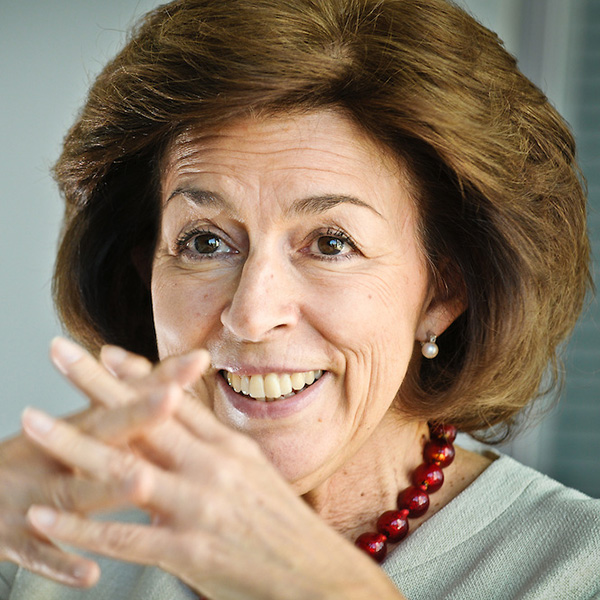
Leonor Beleza
President of Fundação Champalimaud
President Leonor Beleza is a graduate of the University of Lisbon Law School, where she has also worked as an Assistant Professor. During a distinguished professional career she has held a number of high-profile public offices.
Among other positions, she was Secretary of State of the Presidency of the Cabinet (1982-83), Secretary of State for Social Security (1983-85), and Minister of Health (1985-1990) in the Portuguese Government. She has been elected as a Member of Parliament on several occasions and on two occasions she has served as Vice-President of the Parliament (1991-94, 2002-2005). She is currently a member of the Council of State.
Leonor Beleza was President of the Fiscal Council of Banco Totta & Açores from 1995-1998 and Member of the General Council and Supervisory Board of BCP between 2011-2013.
In 2004, Leonor Beleza was appointed President of the Champalimaud Foundation by the will of Mr António Champalimaud.
WANT TO ATTEND THE CONFERENCE?
BUSINESS DIALOGUES
The Oceans Business Dialogues are organised as part of the Oceans Meeting 2017 (apart from the Ministerial Meeting and International Conference) and will take place on the 7th and 8th of September 2017, at Champalimaud Foundation, Lisbon, Portugal. Organised in partnership with Forum Oceano – Portuguese Maritime Cluster, the Oceans Business Dialogues, is a Business to Business (B2B) area to foster networking and debate around sustainable ocean business solutions in all important key areas: fisheries, aquaculture, biotechnology, shipping, ocean engineering, maritime digitalization, ocean robotics, ocean resources, environmental monitoring and protection, maritime security and safety, tourism and leisure.
The Oceans Business Dialogues will be open to the public:
September, 7th 2017, 9:00-18:00
September, 8th 2017, 9:00-13:00
The Oceans Business Dialogue initiative will be constituted by the following activities/areas:
- B2B Meeting Space – areas for private, pre-booked business meeting and networking with registered organizations in this platform
- B2B Oceans Meeting Showcase area – small showcase areas for ocean companies, start-ups, R&DI centers, NGO’s and public entities
- Ocean Business Talks – stage area for start-up pitches, ideas pitches and debates
So, if you are a company, a R&D center, a start-up or a NGO that operates in the ocean business area, we welcome you to participate in the Oceans Business Dialogue in the following formats:
- As a networker in the B2B Meeting Space – Registration until 4th of September
- As an exhibitor in the Showcase Area – Registration until 25th of August, limited to the space available, on a first-come, first-served basis
- As a speaker / pitcher in the Ocean Business Talks – Registration until 25th of August, limited to the slots available, on a first-come, first-served basis
If you are interested in participating in one or more of these formats please click the link below
SPONSORS

